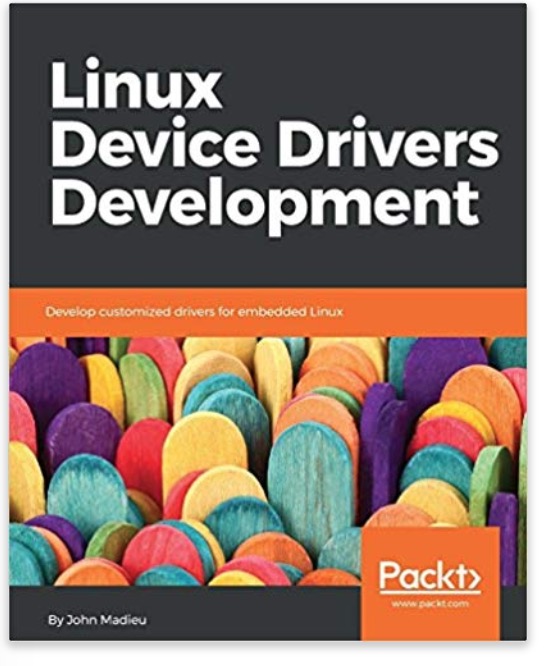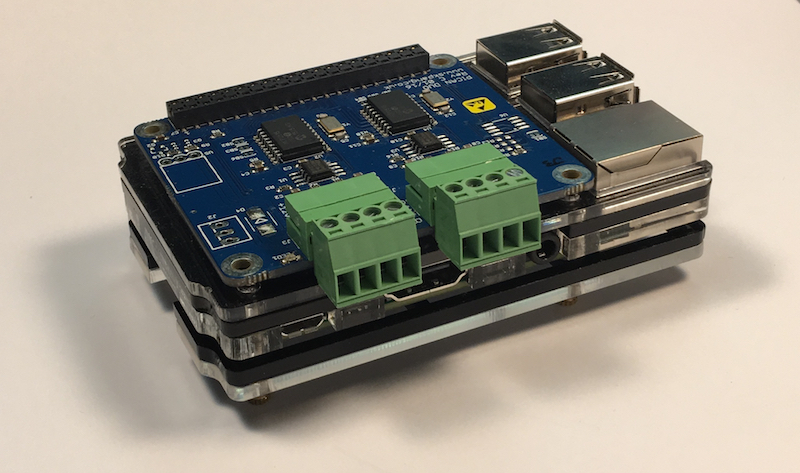Recent Posts
Linux Device Drivers Development: Customized Drivers For Embedded Linux
Posted by on
The Linux kernel is a complex, portable, modular and widely used piece of software, running on around 80% of servers and embedded systems in more than half of devices throughout the world. Device drivers play a critical role in how well a Linux system performs. As Linux has turned out to be one of the most popular operating systems used, the interest in developing proprietary device drivers is also increasing steadily.
This book will initially help you understand the basics of drivers as well as prepare for the long journey through the Linux kernel. This book then covers drivers development based on various Linux subsystems such as memory management, PWM, RTC, IIO, IRQ management, and so on. The book also offers a practical approach to direct memory access and network device drivers.
By the end of this book, you will be comfortable with the concept of device driver development and will be in a position to write any device driver from scratch using the latest kernel version (v4.13 at the time of writing this book).
What you will learn
- Use kernel facilities to develop powerful drivers
- Develop drivers for widely used I2C and SPI devices and use the regmap API
- Write and support devicetree from within your drivers
- Program advanced drivers for network and frame buffer devices
- Delve into the Linux irqdomain API and write interrupt controller drivers
- Enhance your skills with regulator and PWM frameworks
- Develop measurement system drivers with IIO framework
- Get the best from memory management and the DMA subsystem
- Access and manage GPIO subsystems and develop GPIO controller drivers
Raspberry Pi 3 System With Dual CAN Bus Interface
The Raspberry Pi 3 System With CAN Bus Interface (PiCAN2) comes with a pre-installed Raspbian operating system.
The system is equipped with a PiCAN2 DUO board, depending on the selected option, with or without SMPS (Switch Mode Power Supply).
PiCAN Features
- CAN v2.0B at 1 Mb/s
- High speed SPI Interface (10 MHz)
- Standard and extended data and remote frames
- CAN connection screw terminal
- 120Ω terminator
- Serial LCD ready
- LED indicator
- Four fixing holes, comply with Pi Hat standard
- SocketCAN driver, appears as can0 and can1 to application
- Interrupt RX on GPIO25 and GPIO24
 Loading... Please wait...
Loading... Please wait...


